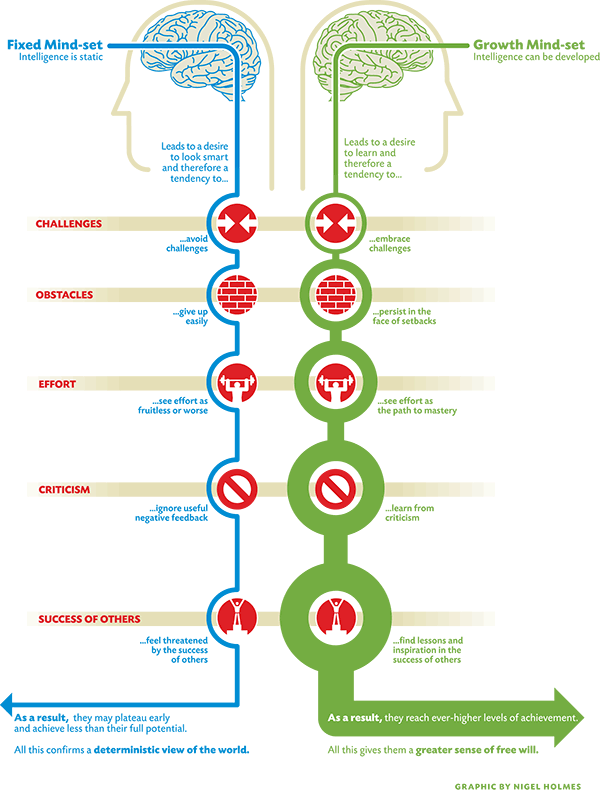In a TED talk and more recently in his blog post Connecting dots (or collecting dots) Seth Godin argues:
Without a doubt, the ability to connect the dots is rare, prized and valuable. Connecting dots, solving the problem that hasn’t been solved before, seeing the pattern before it is made obvious, is more essential than ever before.
Godin also asks why then do we spend so much time collecting dots. We overwhelm our learners with so much data, ask them to regurgitate this content in tests, and simply focus on the delivery of content instead of helping our learners make meaningful connections. While Godin has coined the notion of connecting the dots rather than collecting the dots, the idea of developing connections within a conceptual framework was first intro ducted to me by my colleague Robert McKelvain, Ph.D. at Abilene Christian University in 2010. McKelvain suggested that the difference between an expert and a novice is that an expert has a fully developed conceptional framework.

In the diagram, the main concepts are represented by the larger blue dots and the dotted lines between the concepts represent the connections that the expert has developed as they have expanded their conceptual framework. The expert not only relies upon their full conceptual framework, they are able to enter into this framework from many different perspectives. They can see all the pieces and understand all the connections and when dealing with new information they have a much broader base in which to understand and encode that new information—which makes them a more adaptable, efficient, and effective learner and problem solver in their areas of expertise.

In contrast to the expert, the novice may not only have a minimally developed conceptional framework, they may even have some of the concepts wrong, miss the connections, and not fully understand all the connections that they do see. If we understand that learning is the making of meaningful connections then the role of the expert teacher is to:
- Provide the context for learning which includes introducing the fundamental conceptual framework components.
- Create the environment where the learner can start to make meaningful connections between those concepts.
- Model the learning process needed to: make those connections, add new concepts, and see the patterns that lead to solving problems.
- Mentor the novice in building and expanding their conceptual framework.
In a nutshell, the expert models what it takes to become an expert learner and take ownership in the development of one’s own expertise.
One of the biggest challenges in this process is the expert’s bias, which is the inability for an expert to see the challenges that a novice or beginner faces. This can have significant ramifications in areas where subject matter experts with limited teaching knowledge and experience are tasked with teaching. Subject matter experts have often forgotten more than a novice even knows and unless they are also expert teachers and have developed the conceptual framework of an expert teacher, they can have difficulty understanding the challenges that the novice is experiencing. Therefore, teacher training and professional development will be crucial if we hope to move from the notion of collecting dots to connecting dots.

































